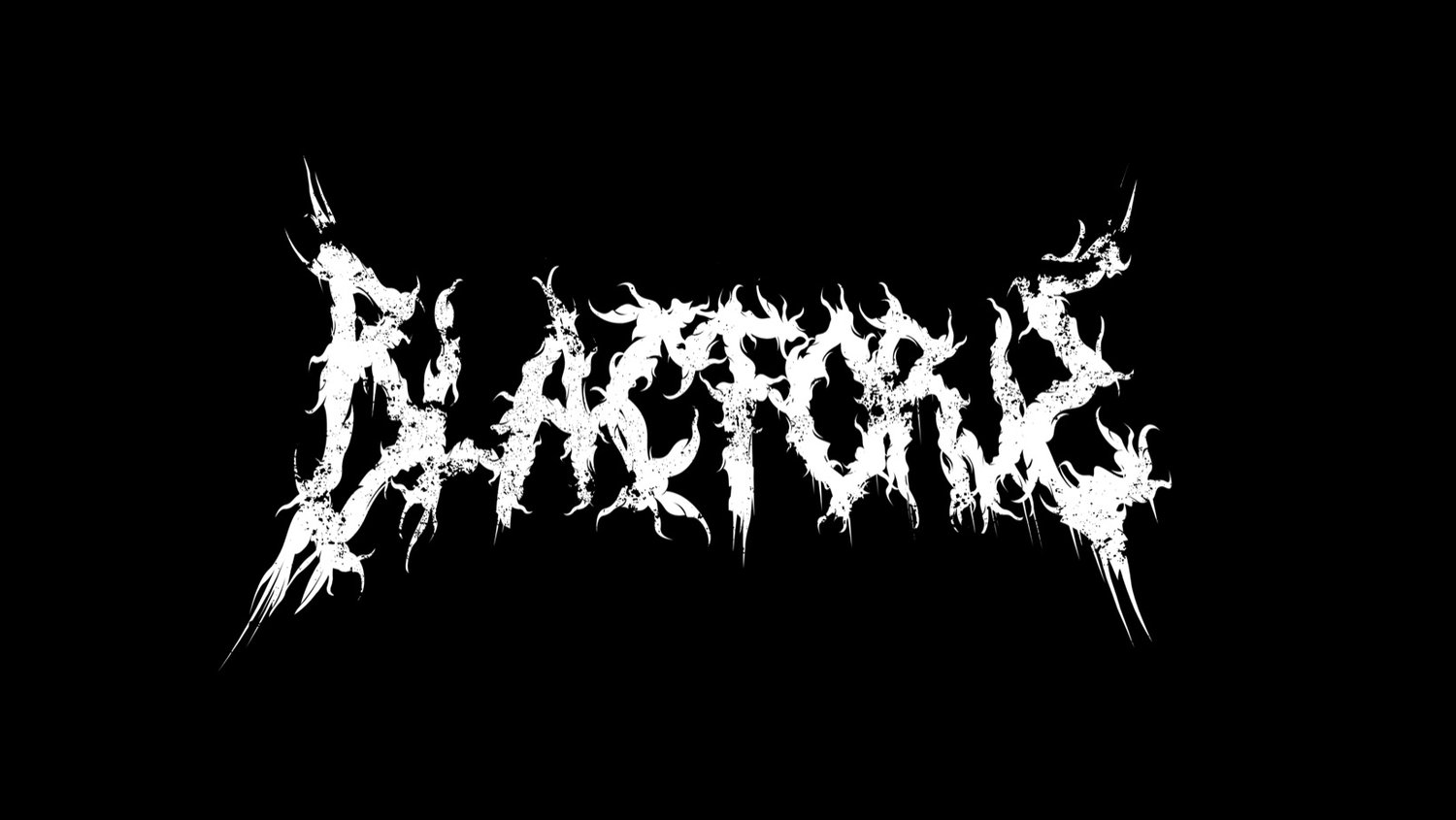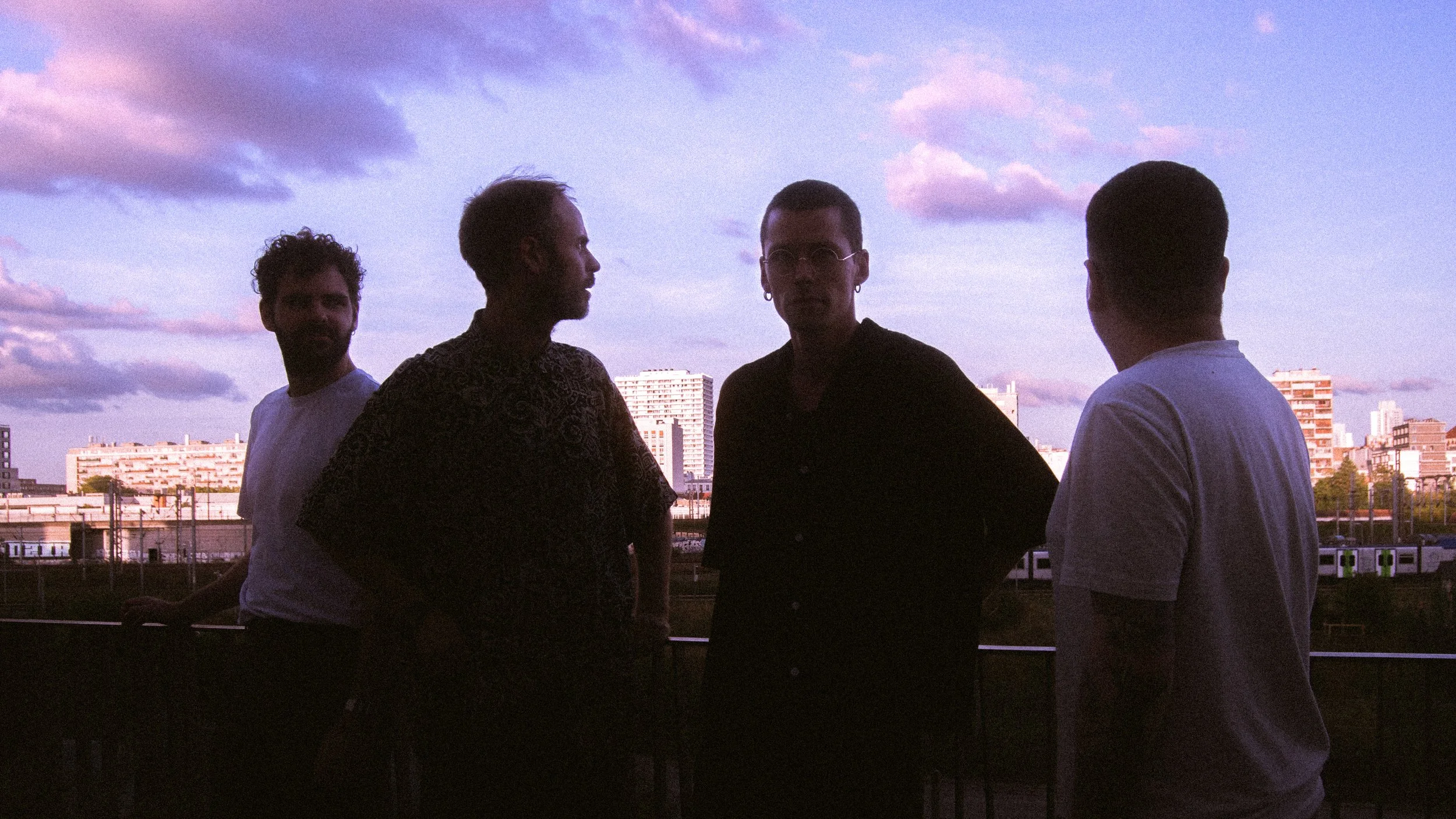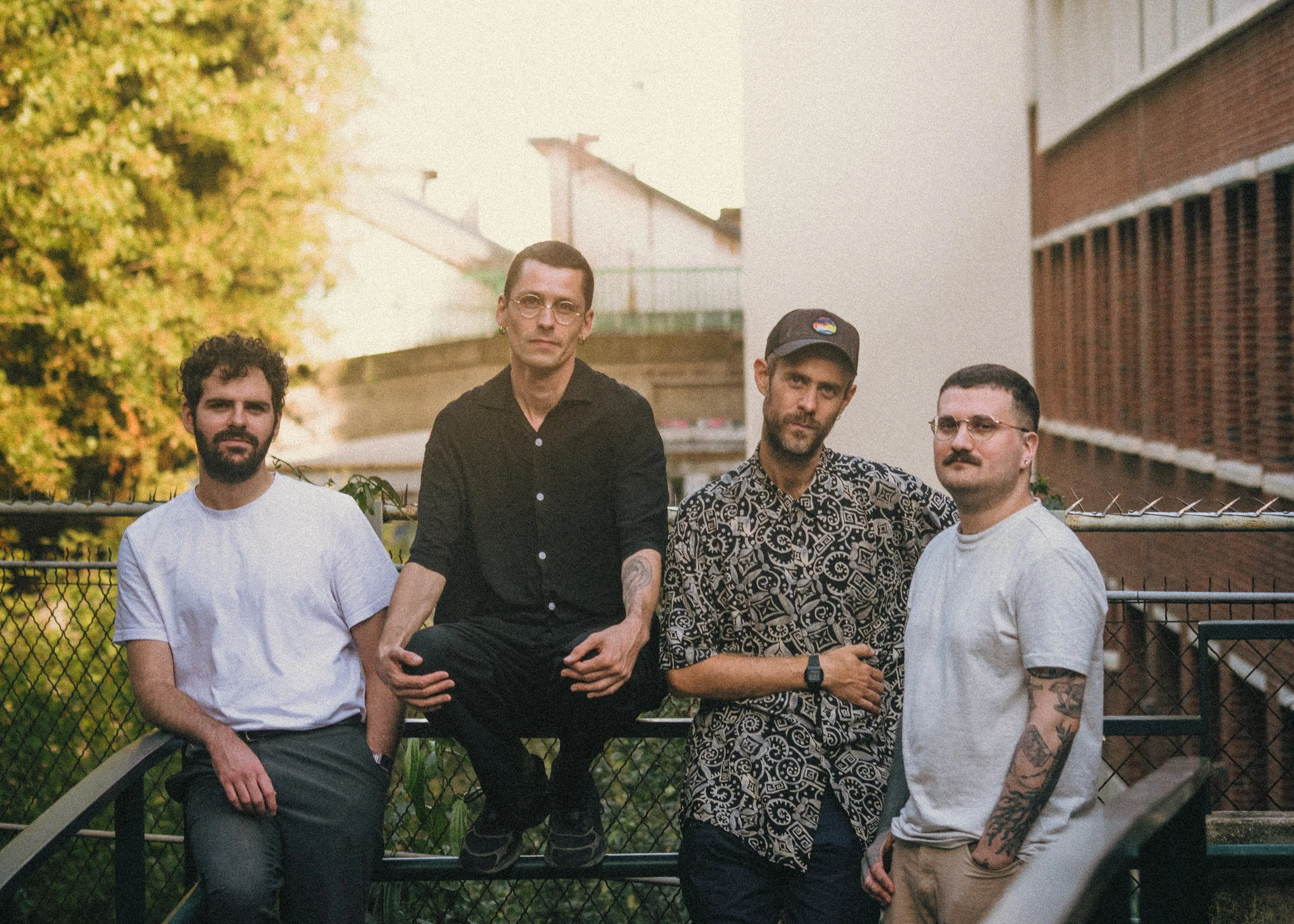Interview: Dehors
Image: Dehors by Slow & Zen
Paris, je t’aime (or so the saying goes). I’ve never set foot in the city or even France, for that matter. However, even across the sea in the U.S., Parisian culture and artistic influence is impossible to escape. The beauty and tragedy of Parisian art, history, and experience is extremely complex and complicated. This amalgamation of light and dark is well-embodied by the post-black, blackgaze, shoegaze, whatever-other-genre-you-can-name Parisian band, Dehors.
At first listen, you really will have a hard time defining what you are listening to (trust me). Their latest EP titled Contrenuit is absolutely beautiful and pensive. Trying to define it is impossible, but the more you listen to it you realize definition isn’t that important. Rather, feeling the emotional draw of the music will speak for itself.
It was an honor to get to ask Dehors about their music, what inspires them as a band, and more.
So, my first question is where you guys are from. It’s Paris, France. Correct?
We are typical “out-of-town” Parisians. We all grew up in the West of France, from La Rochelle to North Brittany. Actually, most people living in Paris weren’t born in their vicinity. That’s quite representative of what Paris is, actually: a migration city. As for ourselves, we experienced only the good side of migration. Paris is quite an intense and violent city, with huge inequalities and a lot of poverty. In the meantime, it’s a cultural and political hub where a lot is happening. Experiencing this city is definitely feeding contrasts in our sound, blurry, and jerky.
How long has Dehors been a band?
Initially it was a trio, founded at the beginning of 2022 (Antoine, Thomas, Ben), but we were missing a guitar, something that could make our sound wider. That’s where Maxime came in, in the spring of 2023, suggested by a common friend. We used to sound more noisy ; now, there are also dreamy atmospheres. Our very first show was a private one. We invited friends to our rehearsal studio, and right after the show we tried to come up with names for the band. “Dehors” means “outside”. Everything then became more real by the help of comrades and a nice network of musicians, which allowed us to make more and more gigs.
Your EP titled Contrenuit is fantastic and weighty. Can you tell me more about the inspiration behind the music for this release?
Thanks for the nice comments! This EP is the very first that has been composed together with Maxime. It’s a kind of experimentation with different paths we are able to take - the nervousness of the first track, the shiny atmosphere of the second, and the meandering aspect of the last one. As for the inspirations, we are quite down to earth in our approach of creation. That is to say we wish to give a glimpse of normal life with its ups and downs. Very early on we talked about life in the city. Thomas used to say he saw our music as a way to lift up our heads while walking in the street. Our music tries to translate the experience of being both numb and struggling, conscious of our privileges, and at the same time aiming at destroying them.
Image: Dehors by Slow & Zen
If you had to label your style, how would you describe it?
Labelling music is always a challenge. It can help drawing a path but can also confine into a restrictive identity. Initially, the band was a shoegaze project, but we all bring different influences. Namely, Ben (drums) comes more from the indie rock scene, Thomas (bass) is a doom lover, Antoine (guitar-vocals) is more into post-hardcore, and Max (guitar) from dream pop. It’s a melting pot of all that but also an attempt at finding a balance in order to make something collective, although we all agree on worshipping reverb, loudness, and noisy, dreamy atmospheres.
What are some of the thematic elements, both lyrically and musically, that embody Dehors?
There is a restlessness in our music that says a lot about the state of our nerves. A desire to communicate something bigger than words in a city filled with walls. We’re always on the move ; it gets us going. We are looking for solace and never quite succeed. There are some quiet moments, but they are rare. Every song is an attempt at completing a cycle that eventually gets broken. As said before, it’s more about telling about our life than creating a parallel universe. It’s not so much about imagining, more about reflecting - reflecting ourselves, but also the society we are living in. And it’s not separated. Namely “mental health” questions or sleeplessness are at the crossroads of the individual and society. There’s no individual feature without social aspects.
We’re a very spiritually minded publication, so we like to ask this question: Do you guys consider yourselves to be spiritual or philosophical in nature? If so, can you describe your outlook as a band for us?
About spirituality, we would answer no. But philosophical, yes, clearly. In a collapsing world, it would be kind of absurd not to have any philosophical points of view. Waking up with right wing speeches on the radio, genocide in Palestine still going on…is an everyday abomination. As a band, we have clear political positions that may not transpire in our lyrics but that we try to share in our daily life or in gigs. We are more concerned by collective problems than strictly individual ones, even if spirituality is a collective act also.
Do you have plans for new music in the near future?
Right now we are working on composition, and our main focus is about developing our sound from the base we laid down with the first EP. We also want to push our boundaries and go into more sonic experimentations. We already have several new tracks that we are eager to drop out. A few singles, DIY recorded, might come out in a few months.
Who are some of your influences as artists and musicians?
We all have a wide range of interests, from indie rock to black metal, passing by ambient, slowcore, post-hardcore, skramz, etc. Melancholia and nostalgia are feelings we are often seeking in music. We definitely enjoy the cross-border universe of labels such as The Flenser (Planning for Burial, Have a Nice Life, Mamaleek, Midwife, etc.) and shoegaze bands like Southpacific, old classics as Jesu or Slowdive, etc. Concerning black metal, bands like Downfall of Gaia, Woods of Desolation, or Sun Worship also influence some of our riffs, such as blackgaze projects like Sannhet... The coldness of post-punk is also something we all share, even if it’s not obvious when listening to our music.
Last question: What is the best way for new listeners and existing fans to support you and your music? Is there a merch store? Anything we can share?
The best way is to come to our gigs when possible and/or have a look at our Bandcamp. Listening and sharing our music already means a lot to us. And if your wallet is not empty, you can also have awesome T-shirts and a great tape!


